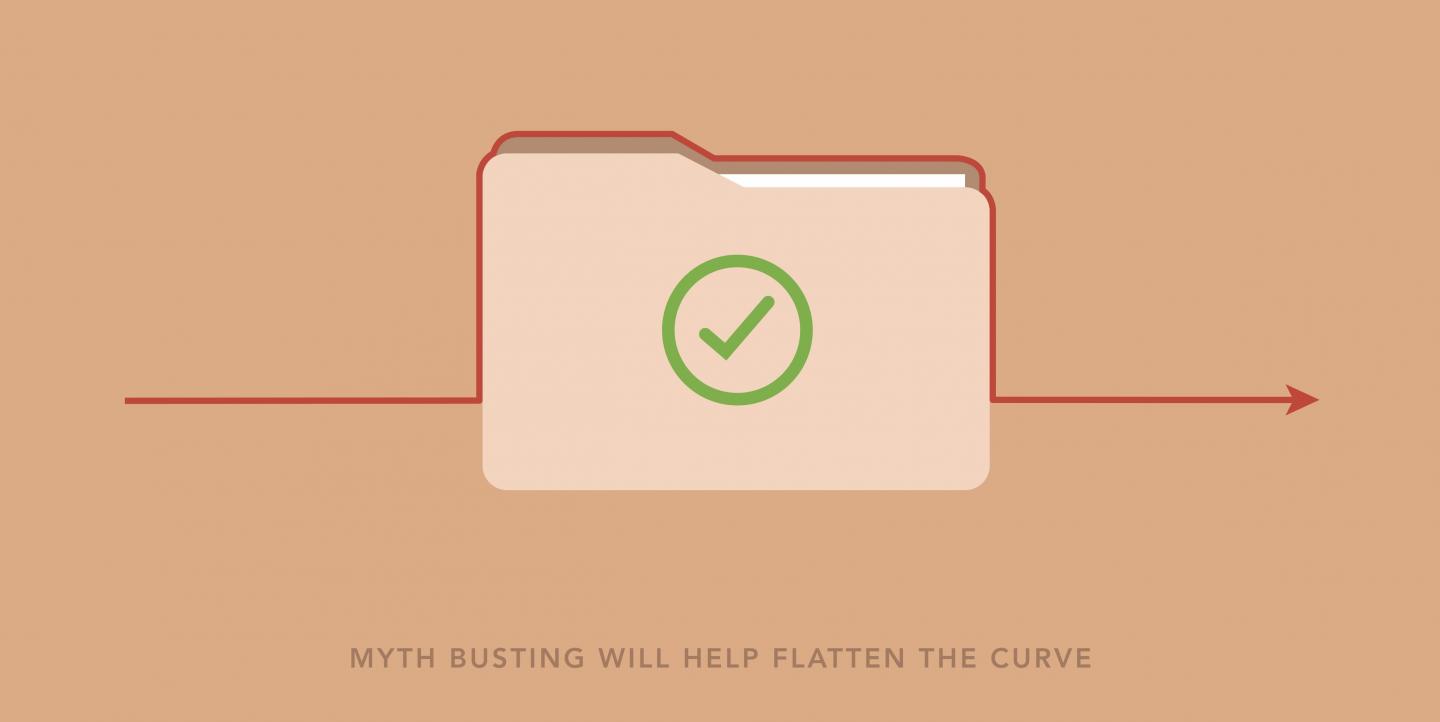At first, the novel coronavirus seemed as remote as the distance between East Asian, China to West African, Nigeria. But as soon as Nigeria recorded the country’s first case in late February 2020, a panic ensued.
It didn’t take long after the pandemic arrived in the country that misinformation around it skyrocketed. Hoaxes like that of a Nigerian taxi driver threatening to spread coronavirus across Nigeria and the belief in chloroquine as a cure for the virus. Early on, there was scepticism over the presence of the virus in the country altogether, as well as conspiracies claiming that 5G causes COVID-19 deaths and heat reduces the spread of the virus.
A few weeks into the pandemic, I decided to create a fact-checking organization to fight against the growing misinfodemic in the country. As a 19-year-old journalism student at Lagos State University, I envisioned an outlet driven by students. To get started, I informed campus journalists at the university and extended a call for applications to students at tertiary institutions.
[Read more: Don’t just debunk misinformation: 4 tips for navigating the COVID-19 infodemic]
Fighting the misinfodemic
People’s Check formally began operations in mid-April, with over 15 fact-checkers across seven institutions. We set out to provide factual information on myths and rumors that are especially deadly during an unprecedented global health crisis. To do so, we had to gather digital and physical evidence from primary sources.
I am a self-taught fact-checker, and took introductory fact-checking courses from First Draft and Poynter News University. Using these skills, I introduced fact-checking to my teammates, who subsequently took the same courses. The platform is modelled off established fact-checking platforms like Africa Check and Dubawa.
Just a month after launch, we had already published over 20 fact-checks, and we were at the forefront of fighting COVID-19 misinformation in Nigeria.
In June, we initiated Verify Nigeria, a project to verify viral health misinformation and disinformation in Nigeria in partnership with Meedan’s Check Global. Check Global is a Meedan project that improves digital literacy, community-building and political engagement skills for citizen journalists, activists, journalism students, civil society organizations and human rights defenders through training, programming and research.
Armed with different content formats like graphics, videos, podcasts and blog posts, we tackled misinformation with timely fact-checks and produced fact-sheets around vulnerable information gaps. We also created content aimed at facilitating media literacy to ensure that the public knows how to spot health misinformation on their own and knows how to find correct information.
The platform began without a budget and the team worked as volunteers. But a month after its establishment, in May 2020, People’s Check was awarded Check Global’s COVID-19 micro-grant for media work in emerging economies, which was worth US$2000. This has been our sole source of funding and has been used to develop and maintain our website, provide stipends for our volunteers and pay talent for producing different content formats.
Additional funding will be critical to reach a larger audience and intensify our operations while remaining undisputedly independent, and we are looking for funding from organizations and foundations that support independent media.
[Read more: Fact-checking around the world: Inside Nigeria's Dubawa]
Amplifying our impact
As of today, we have published more than 70 fact-checks, and we have more than 40 young fact-checkers working with us remotely across 15 universities. Fact-checkers have been trained by Africa Check’s Health Misinformation workshop, a free program on the dynamics of health misinformation, but we hope to continue to build on our fact-checking efforts through continued training.
Ololade Olabiyi, a student fact-checker at Lagos State University who has been with the organization since inception, said working with People's Check has taught me how to detect fake news and debunk claims using different tools like Yandex and Tineye for reverse image search, inVID for video verification and Tweetdeck and Google Trends for social media monitoring. By continuing to train our team at People’s Check, we hope to promote a culture of fact-checking among the country’s youth, and to build a new generation of fact-checkers.
We also hope to promote fact-checking and media literacy to a larger audience. People’s Check has organized three public events, which have attracted over 200 students, professional journalists and public citizens. We trained attendees on how to tackle the current misinfodemic.
As we continue to expand, we are looking for new ways to promote our work, said Nonso Ezebuiro, the organization's growth strategist. He noted that reaching unique audiences through targeted social media and web advertising is key, but that the organization currently doesn’t have the funding for that.
People’s Check is a participant in the Data Literacy Programme organized by Code for Africa in partnership with the World Bank. This will form a foundation for our work on economics and statistical claims and using data to tackle mis/disinformation.
"We also firmly believe that our growth so far has been due to the high standards we have set for ourselves as a team,” said Nonso. “So we want to continue delivering high-quality work [and] finding the right talent to help move us further ahead."
Sultan Quadri is a Nigerian journalism student at Lagos State University and the founder of People’s Check.
Main image CC-licensed by Unsplash via the United Nations COVID-19 Response. Image created by Jack Adamson.

